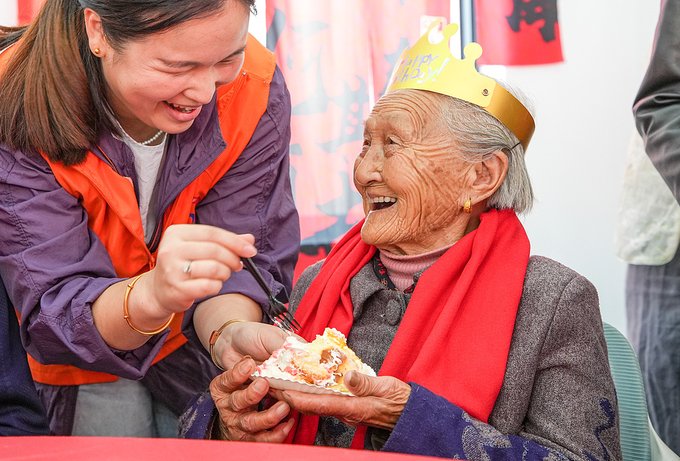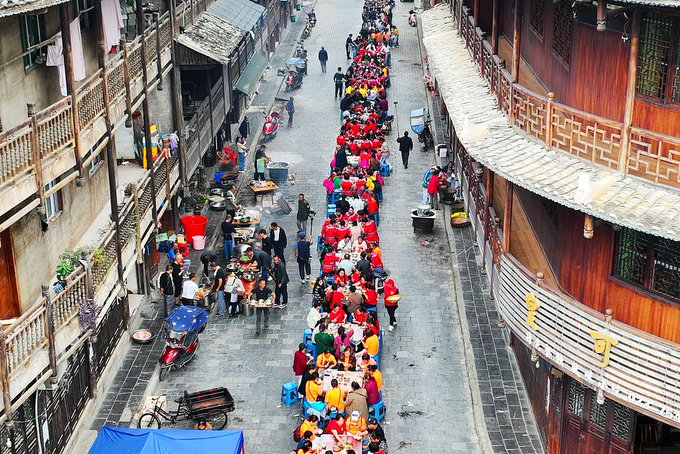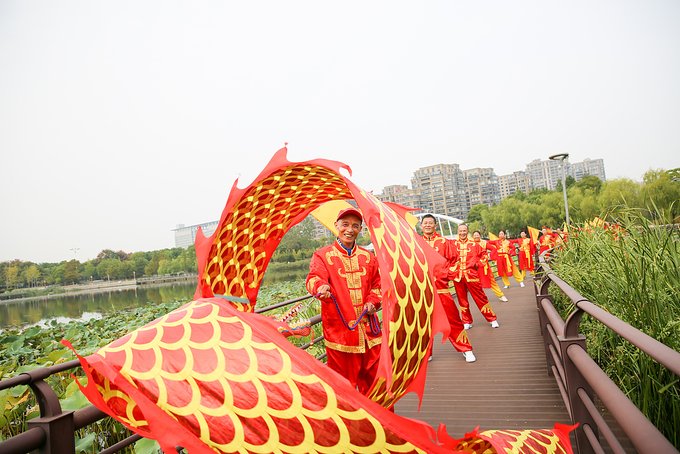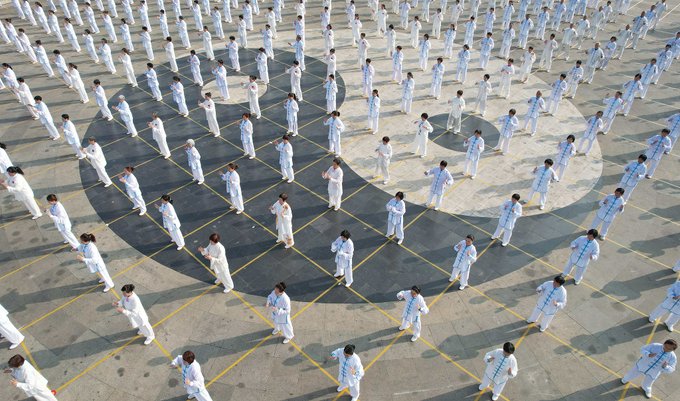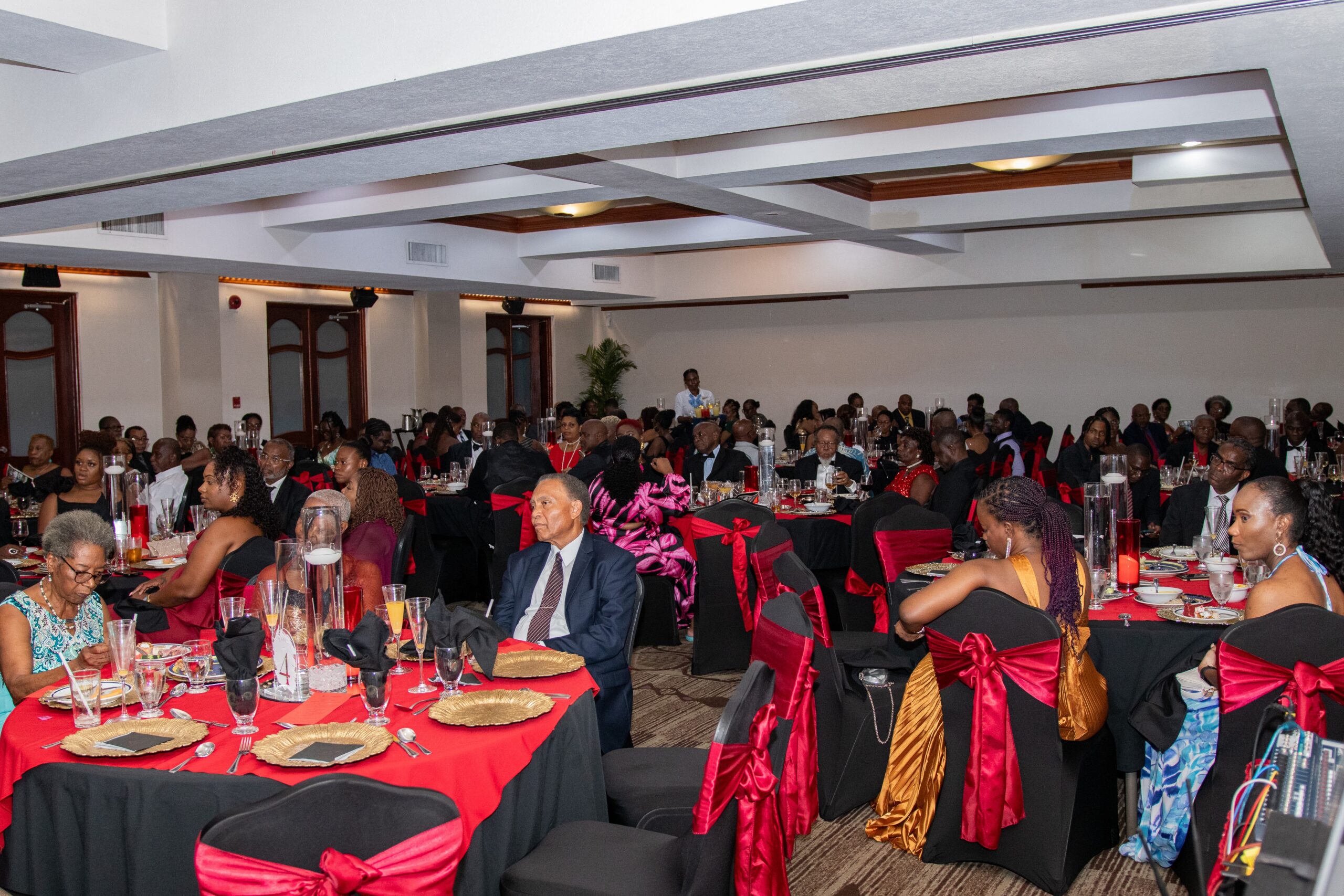A Chinese mainland spokesperson on Tuesday slammed the Taiwan region’s leader, Lai Ching-te, for his recent “motherland fallacy,” reiterating that Taiwan is part of the sacred territory of China.
Zhu Fenglian, a spokesperson for the State Council Taiwan Affairs Office, said that the sovereignty and territory of China have never been divided and will never be divided.
The fact that the mainland and Taiwan both belong to one China has never changed and will never be allowed to change, she added.
What has caused the Taiwan question? And why is Taiwan an inalienable part of China’s territory? Here are some facts you should know.
Taiwan has been part of China since ancient times
Taiwan has belonged to China since ancient times. The earliest written account of Taiwan was in the Seaboard Geographic Gazetteer, compiled more than 1,700 years ago by Shen Ying of the State of Wu during the period of the Three Kingdoms.
Starting as early as the mid-12th century, Chinese governments of different periods set up administrative bodies to exercise jurisdiction over Taiwan.
The Song Dynasty set up a garrison in Penghu, putting the territory under the jurisdiction of Jinjiang County of Fujian’s Quanzhou Prefecture. The Yuan Dynasty installed an agency of patrol and inspection in Penghu to administer the territory. During the mid- and late-16th century, the Ming Dynasty reinstated the once abolished agency and sent reinforcements to Penghu to ward off foreign invaders.
In 1662 (under Qing Emperor Kangxi), General Zheng Chenggong established Chengtian Prefecture on Taiwan. Subsequently, the Qing Dynasty government expanded the administrative structure in Taiwan. In 1727 (under Qing Emperor Yongzheng), the administration on the island was reconstituted as the Prefecture Administration of Taiwan and incorporated the new Penghu Canton. The territory then officially became known as Taiwan. In 1885 (under Qing Emperor Guangxu), the government formally made Taiwan a full province.
Taiwan was ceded due to Japan’s aggression
However, through a war of aggression against China in April 1895, Japan forced the defeated the Qing government to cede Taiwan and the Penghu Islands.
In July 1937, Japan launched an all-out war of aggression against China. In December 1941, the Chinese government issued a declaration of war against Japan, announcing to the world that all treaties, conventions, agreements and contracts regarding relations between China and Japan had been abrogated and that China would recover Taiwan and the Penghu Islands.
In December 1943, the Cairo Declaration was issued by the Chinese, U.S. and British governments, stipulating that Japan should return to China all the territories it had stolen from the Chinese, including northeast China, Taiwan and the Penghu Islands.
The Potsdam Proclamation, signed by China, the U.S. and Britain in 1945 (later adhered to by the Soviet Union), stipulated that “The terms of the Cairo Declaration shall be carried out.” In August 1945, Japan surrendered and promised that it would faithfully fulfill the obligations laid out in the Potsdam Proclamation.
On October 25, 1945, the Chinese government recovered Taiwan and the Penghu Islands, resuming the exercise of sovereignty over Taiwan. From that point forward, China had recovered Taiwan de jure and de facto through a host of documents with international legal effect.
Two sides of the Straits belong to one China
On October 1, 1949, the People’s Republic of China (PRC) was founded. The new government replaced the previous Kuomintang (KMT) regime, becoming the successor to the Republic of China (1912-1949) and the only legitimate government of the whole of China.
As a natural result, the government of the PRC should enjoy and exercise China’s full sovereignty, which includes its sovereignty over Taiwan, according to a white paper titled “The Taiwan Question and China’s Reunification in the New Era,” published by the Chinese government in 2022.
Chinese Foreign Minister Wang Yi has said that both the Cairo Declaration and the Potsdam Proclamation stated in explicit terms that all the territories Japan had stolen from the Chinese, such as Taiwan and the Penghu Islands, shall be restored to China, and this constitutes an important part of the post-war international order.
Speaking at the 79th session of the United Nations General Assembly in late September, Wang told world leaders in the audience that Taiwan being “an inalienable part of China’s territory” is both “the history and the reality.”
Noting the 26th session of the UN General Assembly adopted Resolution 2758 in 1971 with an overwhelming majority, deciding to restore all the rights of the People’s Republic of China at the UN, to recognize the representatives of the Government of the People’s Republic of China as the only legitimate representatives of China to the UN, and to expel forthwith the representatives of the Taiwan region from the UN and all the organizations related to it, Wang said “once and for all, the resolution resolved the issue of the representation of the whole of China, including Taiwan, in the UN.”
The resolution, Wang continued, made clear that there is no such thing as “two Chinas,” or “one China, one Taiwan.”
“On this matter of principle, there is no gray zone or room for ambiguity,” Wang said.
Xi Jinping, general secretary of the Communist Party of China Central Committee, has stressed on many occasions that the one-China principle is the political foundation for cross-Straits relations.
Xi said that compatriots from both sides of the Taiwan Straits belong to the same Chinese nation during a meeting with Ma Ying-jeou, former chairman of the Chinese KMT party, in April.
“The over-5,000-year history of the Chinese nation recorded successive generations of ancestors moving and settling down in Taiwan, and people from across the Straits fighting side by side to recover the island from foreign invaders,” Xi said.
“The distance of the Straits cannot sever the bond of kinship between compatriots from across the Straits, and the difference in systems does not alter the reality that both sides of the Straits belong to one China, and external interference cannot hold back the historical trend of national reunification,” he said.
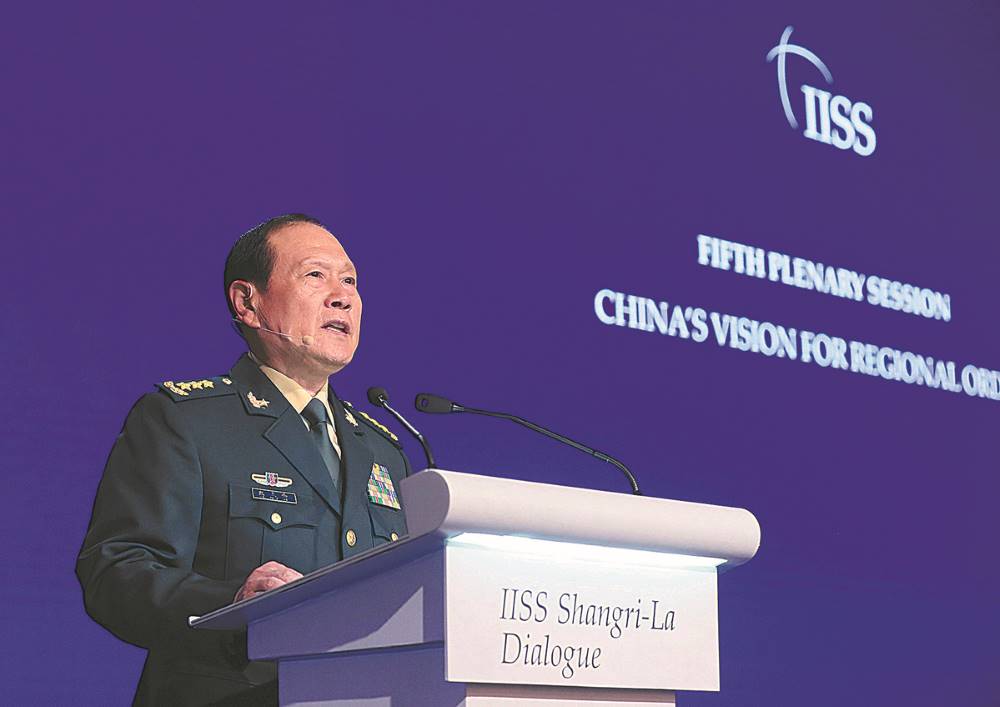
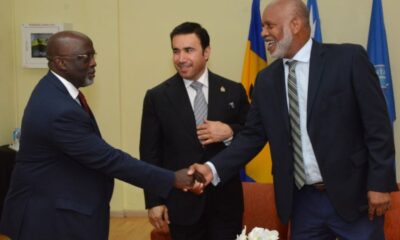
 International4 weeks ago
International4 weeks ago
 Business4 weeks ago
Business4 weeks ago
 Sports3 weeks ago
Sports3 weeks ago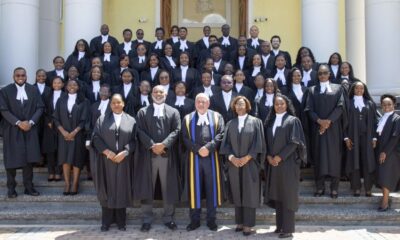
 Local3 weeks ago
Local3 weeks ago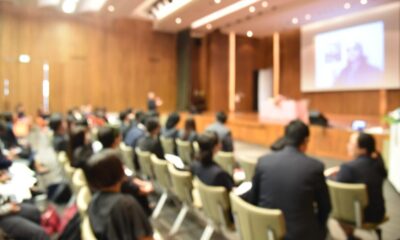
 Tourism3 weeks ago
Tourism3 weeks ago
 International4 weeks ago
International4 weeks ago
 International4 weeks ago
International4 weeks ago
 Local3 weeks ago
Local3 weeks ago







